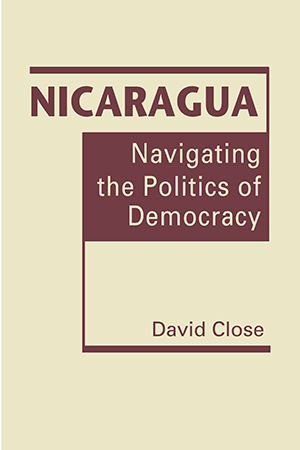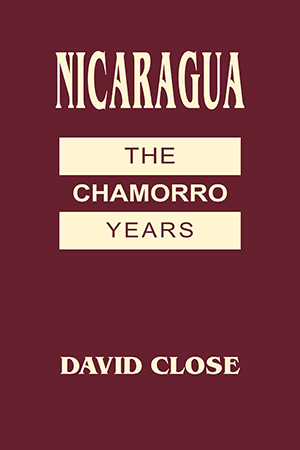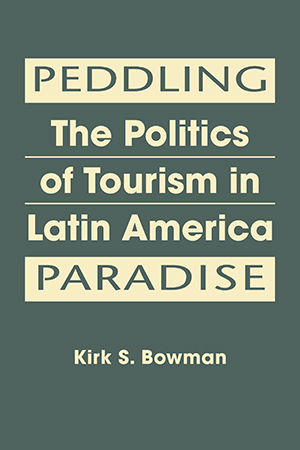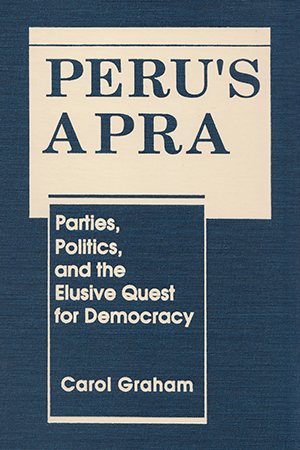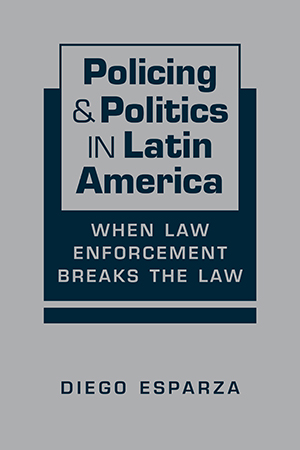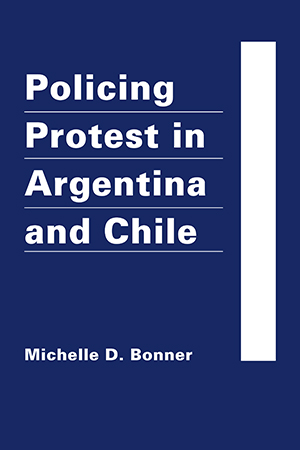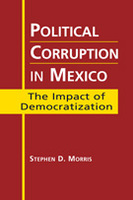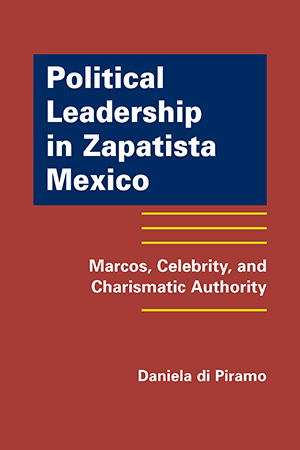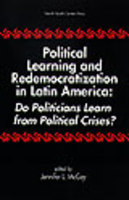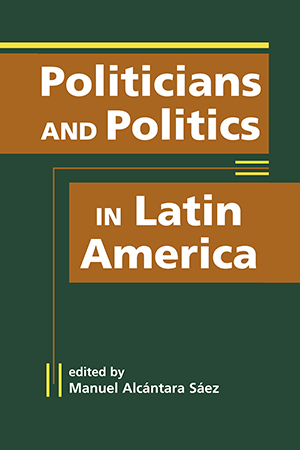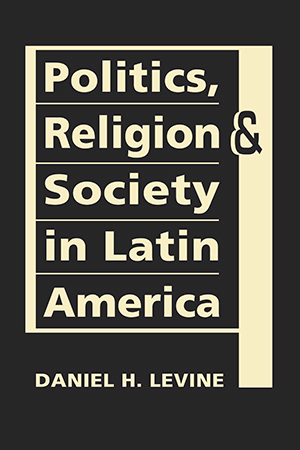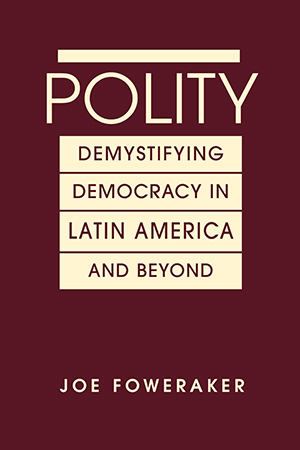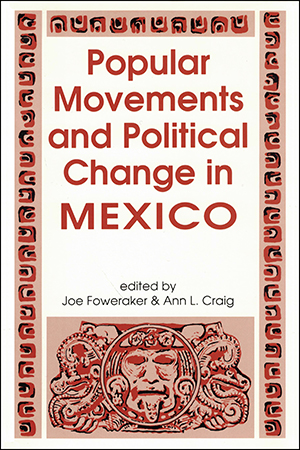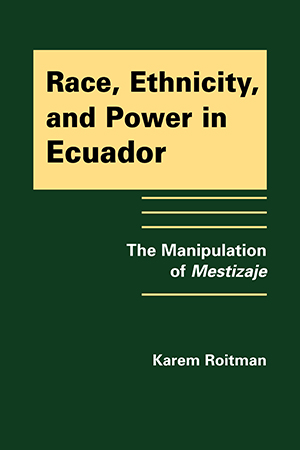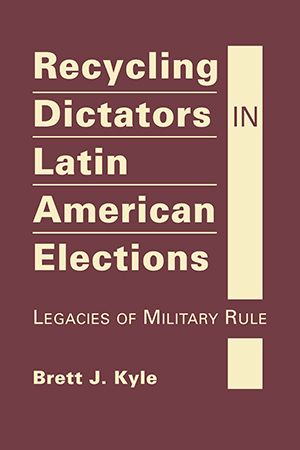Latin American and Caribbean Politics
Since the 1970s, Nicaragua has experienced four major regime changes—shifts in its fundamental logic, structure, and operational code of governance. What accounts for such instability? More >
In 1990, Nicaraguans voted out the revolutionary Sandinista regime and replaced it with the conservative government of President Violeta Chamorro. Chamorro's term of office was marked by More >
With tourism lauded throughout Latin America as a sure engine of economic growth, actual performance in the sector has varied to an extreme degree. Kirk Bowman asks why. Why did states More >
When Peru's APRA—one of the oldest and most controversial political parties in Latin America—came to power in 1985, expectations were high for the new government, in part More >
Though police are supposed to serve and protect, they all too often rob and abuse. Why? And what can be done about it? That is the central puzzle addressed in this book. Drawing on the More >
Winner of the Canadian Political Science Association's Prize in Comparative Politics, 2016! Despite the pervasiveness of electoral democracy in Latin America, the police continue to More >
Has the fundamental shift in Mexico's political system away from single-party authoritarian rule had any impact on the pattern of corruption that has plagued the country for years? Is More >
Can charismatic authority be used to further progressive politics without simultaneously doing damage? Is it possible for a movement with a charismatic leader to achieve an egalitarian More >
Intrigued with the question of how societies adopt norms, institutions, and rules associated with liberal democracy, the contributors to this volume examine how political actors in Latin More >
The premise of this book is, simply, that politicians matter—that an understanding of the role played by politicians in the way that politics is carried out in their countries is, far More >
Long assumed to be an unchanging and unquestioned bulwark of established power and privilege, religion in Latin America has diversified and flourished, while taking on new social and More >
Amidst the many lamentations about the problems of democracy, Joe Foweraker turns his attention to specific questions: Is democracy incompatible with stark social inequalities? Why are so More >
In just twenty years, popular movements have changed the face of Mexican politics, as organized groups of peasants, teachers, city dwellers, women, and students have crowded into the More >
How do today's Latin American elites understand and relate to ideas of power, race, ethnicity, and mestizaje? And what impact does that understanding have on the dynamics of More >
What explains the presence—and the surprising performance—of former authoritarian-regime officials in Latin American presidential elections? To answer that question, Brett J. More >


